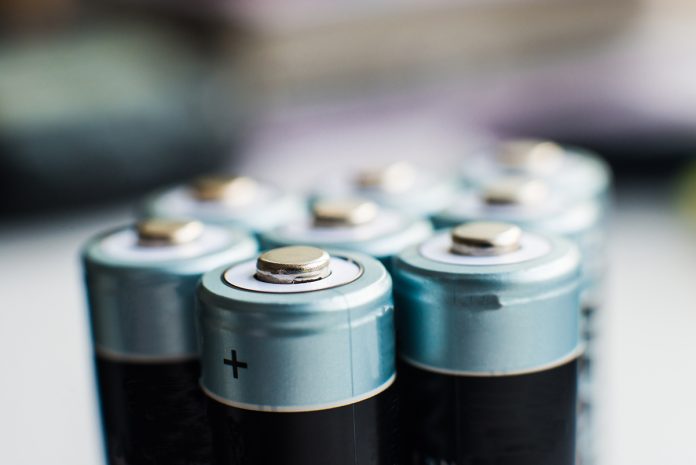In just 18 months, B-cycle, Australia’s official government-backed battery recycling scheme, has increased battery recycling among Australians by over 30% and quadrupled the amount of public drop-off points. These results have been captured in the release of B-cycle’s annual Positive Charge Report, underlining the increased progress and success of the scheme in the last year.
Founded by not-for-profit organisation, the Battery Stewardship Council (BSC) and authorised by the Australian Competition and Consumer Commission (ACCC), B-cycle is making headway on the issue of battery recycling as one of the nation’s fastest-growing waste streams. By facilitating the growth of accessible battery recycling services for consumers across Australia, B-cycle has provided over 4195 drop off points for people to safely and conveniently recycle everyday loose (easily removable) batteries.
“This year alone, Australians will purchase enough equivalent batteries to circle the earth seven times and by 2050, this will increase to 37 times. Batteries contain finite natural materials, and most components are recyclable, so continued growth in recycling is essential to manage this demand.”
The 2023 Positive Charge Report reveals in the past year (FY 2022/23):
- B-cycle has shifted consumer behaviour, seeing an increase in battery recycling among all Australians by over 30%.
- Australians have recycled 2,375,363kg (2.375 tonnes) of used batteries with B-cycle, nearly doubling the rate of collected batteries prior to the scheme’s inception (1.258t in 2021).
- The average recovery rate of materials from batteries collected by B-cycle of 71.08%
- B-cycle has almost doubled the Collection Rate to 12%.
- B-cycle has significantly increased consumer access to battery recycling by establishing over 4195 drop-off points across all states and territories, quadrupling it from before B-cycle launch.
- Australians are increasingly motivated to recycle their used batteries; with the B-cycle website servicing over 90,130 searches for the closest B-cycle drop-off point.
- B-cycle has seen an impressive increase in participation with 850 participants hosting accredited drop-off points over 100 organisations participating including 54 importers and 28 retailers.
- 90% of the loose battery market and 55% of the power tool market is participating in the scheme.
“The Positive Charge Report reflects the commitment of the industry to come together with the Battery Stewardship Council to transform the landscape of battery stewardship in Australia, contributing to a more sustainable future. As the scheme continues to evolve, it is expected to serve as a model for responsible battery recycling globally.
“This transformation is only possible with the support of the Australian public. A key priority for the Scheme has and will continue to be driving education and awareness about battery safety and fire prevention nationwide. Unfortunately, battery related fires are rapidly increasing, and our report highlights the Scheme’s efforts to reduce the risk of fires and button battery injuries including the launch of the Never Bin Your Batteries and This Tape Saves Lives awareness campaigns in October 2023.”
B-cycle CEO Libby Chaplin says: “Industry participants and the broader public are the driving force behind the success of B-cycle, and continued support will be critical to scale the scheme and service Australia’s future demand for batteries.”
This Scheme is authorised by the Australian Competition & Consumer Commission (ACCC), accredited by the Australian Government and has received financial support from the Australian Government and industry.
“There is great potential to increase Australia’s capacity to contribute to a circular battery supply chain. This report underlines the strong environmental and climate benefits of B-cycle and the recovery of materials from used batteries offering a crucial opportunity in curbing emissions for the battery industry as it continues to rapidly scale both locally and globally.”
The report identified the projection of lithium-based batteries is set to grow to 7.7 million tonnes by 2050 – over 40 times what is in use today.
“Given that the recycling and refurbishment infrastructure and capacity is currently insufficient to deal with this forecasted growth in batteries entering the waste stream, it is imperative that industry is continue to be pro-active in demonstrating stewardship outcomes to an increasingly aware consumer base. In 2024 we will resume our engagement with the EV sector to explore stewardship options to ensure we’re prepared as the electrification of the transport sector continues,” Ms Chaplin said.
The full report is available at bcycle.com.au.





